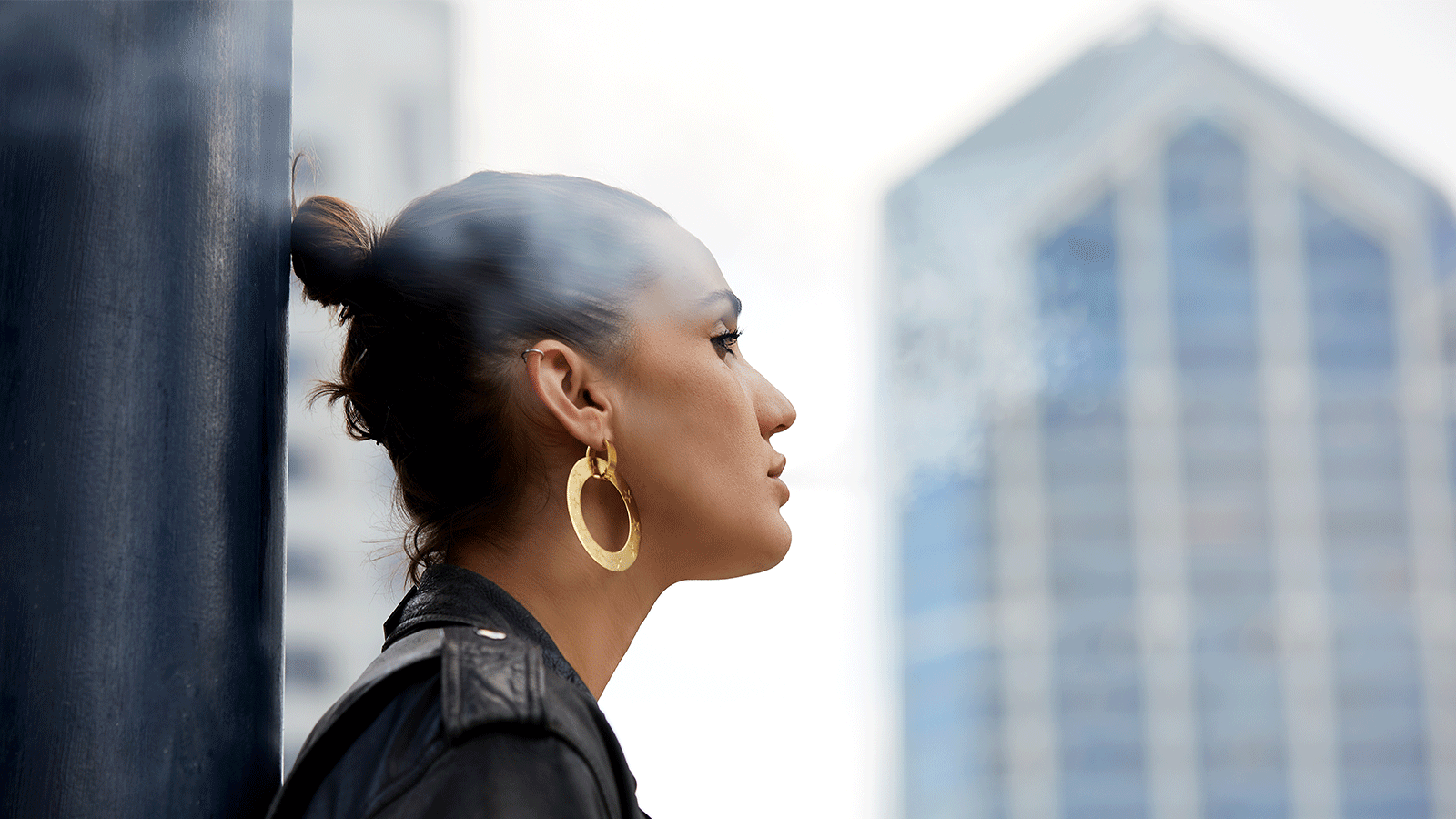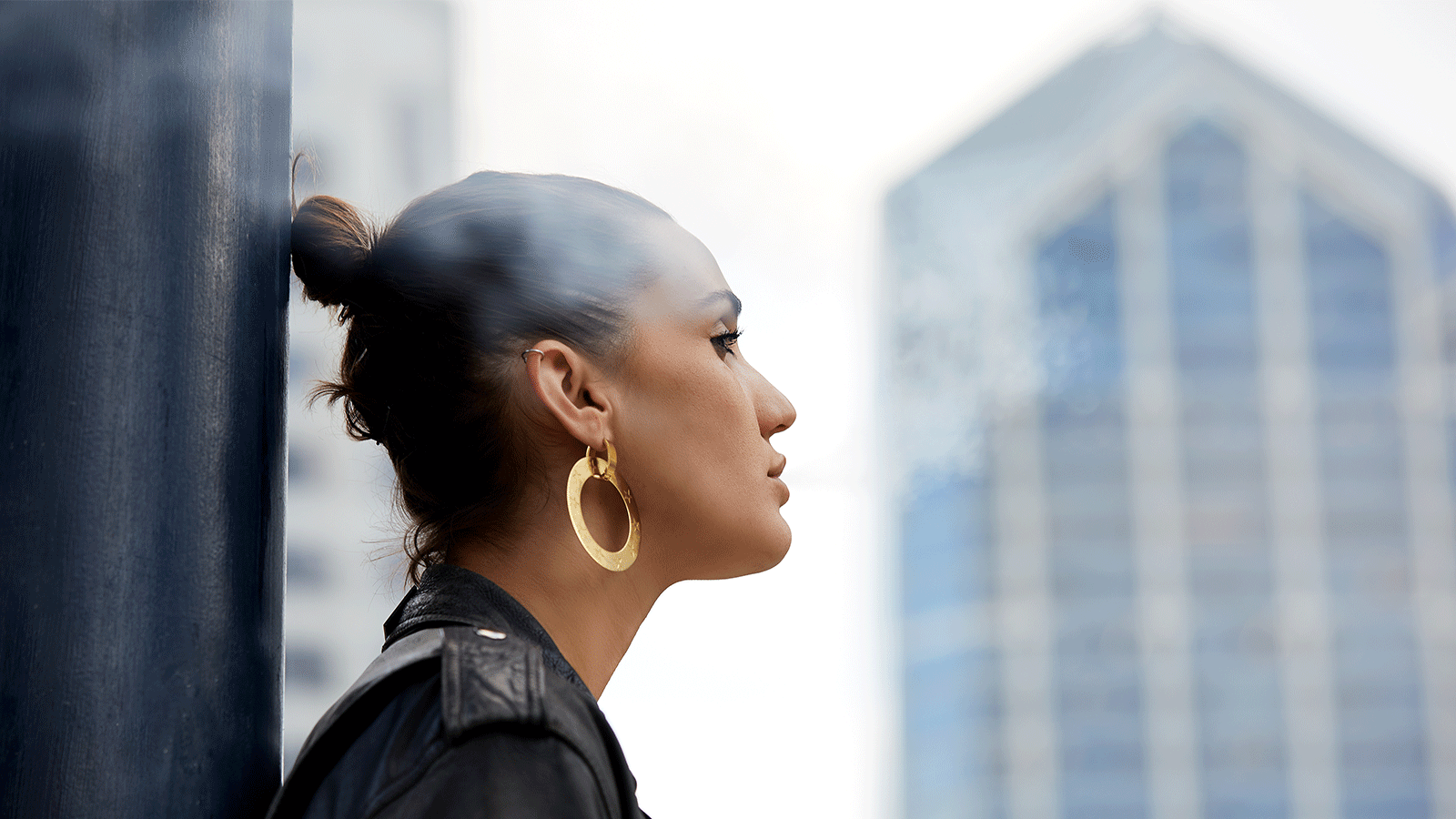
The cannabis industry has helped many women make their dreams a reality, allowing them more leadership roles than in other industries with longer-standing old-boys’ networks. In 2015, for example, 36 percent of cannabis company executives were female, compared with 22 percent of executives in other industries, according to a Marijuana Business Daily survey.
Yet the cannabis industry is plagued by many of the same gender issues as others, including sexism and sexual harassment.
“I personally have experienced discrimination and harassment while working in the industry, and women contact me daily to share their stories as well,” said Boss Ladies of Cannabis (BLOC) founder Rachel Colic. BLOC built an online database of executive leaders in the cannabis industry known as “The Boss List.”
To see how common experiences like these are, the group recently conducted a survey of women in cannabis. The survey asked women about their experiences with sexual harassment in the workplace, as well as how their companies dealt with such issues.
Preliminary results, based on data from 156 women, revealed that despite its progressive reputation, the cannabis industry is fraught with sexism. The majority of the respondents — 53 percent — said they’d experienced workplace harassment, with 46 percent experiencing sexual harassment specifically. Sixty percent said their workplaces had sexual harassment policies, but only 30 percent received training in such issues.
Few Women Speak Out
Among those who were sexually harassed, only nine percent reported the incidents to human resources, indicating that their workplaces didn’t create environments where they felt safe speaking out.
“I can’t tell you how many times I’ve been hit on under the guise of networking or at cannabis events,” said Melissa Vitale, who runs a public relations (PR) firm focused on cannabis. “I have been to a lot of events where I’m kind of treated like a sexy little toy instead of an owner of a cannabis PR firm.”
Vitale remembers an event where a potential client wouldn’t stop hitting on her. “No matter what I did, I was unable to get him to take his crotch area off my damn knee without calling him out, potentially embarrassing him and ruining the opportunity,” she recalled.
Adriana Herrera, founder, CEO and chief technology officer at Epic Hint, a social learning platform that automates training for the cannabis industry, also experienced sexual harassment at the hands of a prospective client. While they were texting about work, he sent her messages including “your voice is hypnotizing me” and “I’m riding with you, my beautiful young lady.”
Women are in more positions of power as executives and entrepreneurs in cannabis compared with other industries, 36 percent to 22 percent, according to a 2015 survey by Marijuana Business Daily.
Situations like these force women to choose between potentially losing business opportunities and keeping themselves in situations that make them uncomfortable.
Women in cannabis have a harder time not only getting clients but also raising money. “When we told industry leaders that we wanted to make cannabis products geared toward women, they thought we were crazy,” recalled Alysia Sofios, communications director of Yummi Karma, an all-women cannabis manufacturer. “They were like, ‘your products and packaging are too girly’ and ‘men won’t buy that; we don’t want it.’” Yummi Karma’s CEO, Krystal Kitahara, would get asked who owned her company at conferences, as people assumed she was a “promo girl.”
“I remember when we asked some prominent men in the industry for advice, and they told us we should dress sexy when we showed up at events to promote our brand,” Sofios said. “So many women were walking around in pasties and barely-there shorts, acting as models, while the men were doing all the business deals.”
“I can’t think of any other industry that sells women the way cannabis companies do,” she added. “If you flip through an industry magazine or go to an event, there’s a lot of scantily clad women.”
Employees Also Experience Harassment
Women face harassment and sexism, not just as leaders in the cannabis industry, but also while working under men. When writer Kelly Schirmann worked as a cannabis trimmer, male growers and property owners would call female trimmers “trim bitches” and “grow hoes.”
“I’ve been offered an extra $50 per pound to trim weed topless,” she remembers. “I always had to listen to the growers’ complaints about how much they were going to have to pay me; how trimmers were unproductive or dishonest or lazy or thieving.”
In this way, the cannabis industry is not all that different from other industries. But Schirmann believes sexism has been able to thrive in cannabis because it’s been operating underground.
“There’s a ‘don’t ask, don’t tell’ type of mentality,” she said. “No one wants to involve the police, even with robberies or assaults, especially if they are involved in the industry in some way. Because of this, abuse goes unreported and unchecked.”
Higher Standards
But in places where cannabis is legal, it may have an advantage over other industries on the gender equality front. Because it’s closely scrutinized, the industry is held to a high standard.
“Much of it comes down to the fact that it exists in such a gray area,” said Samantha Morrison, cannabis researcher for Glacier Wellness, a company that produces hemp creams and muscle salves. “On one hand, its legality is inconsistent, while it is also split between a recreational and medicinal substance. All of this boils down to uneasiness, where all parties involved want to take extra precautionary measures to ensure everything is done properly.”
In places where cannabis remains underground, sexism can thrive because participants are loath to bring in authorities, some women say. Others say that in places where cannabis has been legalized, the added scrutiny allows harassment and gender equity issues to be examined as part of the regulatory environment.
Some efforts to make the industry more hospitable to women are already underway. In Nevada, for example, Democratic Gov. Steve Sisolak signed executive orders in January 2019 requiring that the government collect sexual harassment and discrimination policies from marijuana businesses, as well as establish a sexual harassment task force.
In addition, the cannabis industry’s female leaders give it a leg up in addressing issues of gender equality. “It’s the first time women have been able to get in on the ground floor of a multi-billion-dollar industry,” Sofios said. “We started small with big entrepreneurial ideas, and just a few years later, we are a respected force in the industry. The sky is truly the limit for all of us.”
Colic hopes her findings inspire “a larger conversation about potential solutions our industry can utilize to achieve a deeper level of equality and equity for all women.”
As the prevalence of harassment and sexism in cannabis comes to light, the industry has the opportunity to establish gender equality while it’s still young, she adds. “We all want to build an industry that we can be proud of, and we have the opportunity to do that while we are building it.”















